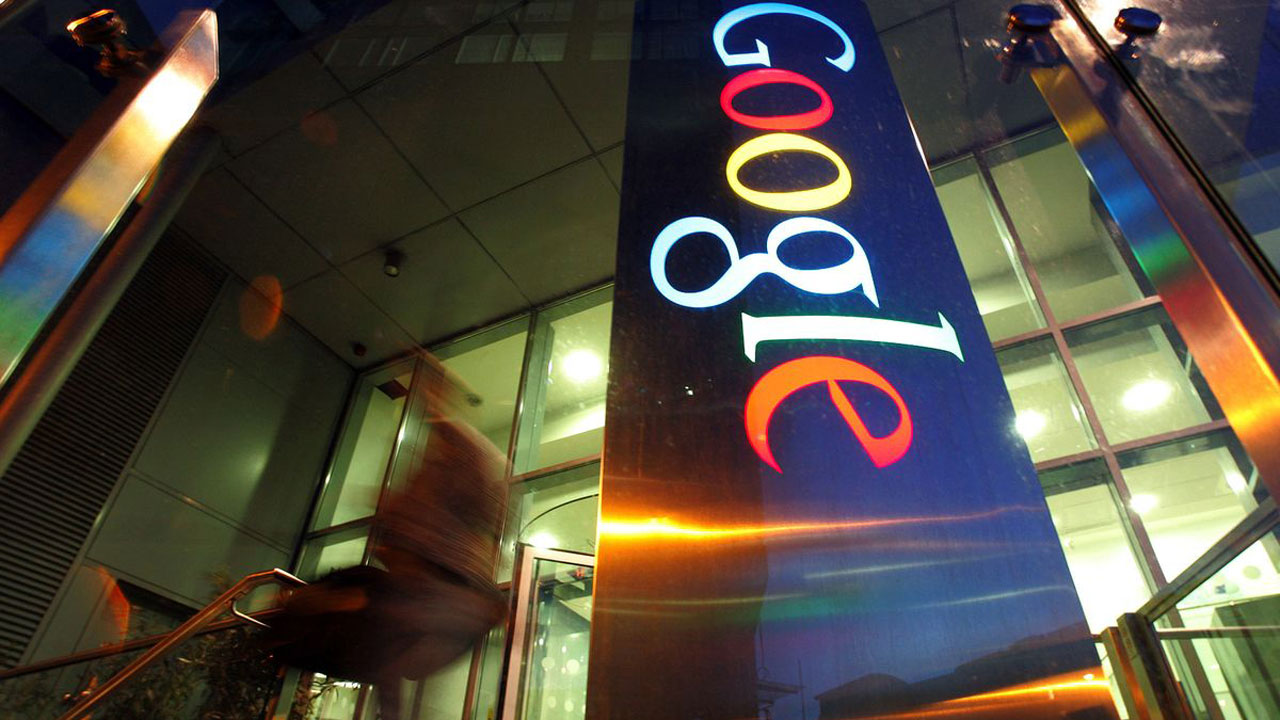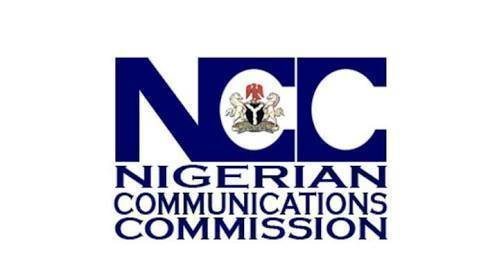Airtel Africa (AIRTELAFRI) released its Q4/FY 22 audited results before the market opened Wednesday, 11 May. The group reported EPS of US$0.04 (+43.0% y/y) in Q4 22, bringing FY 22 EPS to US$0.17 (+86.3% y/y). A final dividend of US$0.03 (N12.54 @ N418/US$1) was proposed, in line with our estimate, and equates to a yield of 0.9% on the last closing price. Note that Airtel Africa has a March year-end.
The achieved EPS was in line with experts estimate (2% variance) for FY 22 but was 5.1% higher than the consensus estimate.
The market’s reaction was neutral as the stock was flat Wednesday. Year-to-date, the stock is up by 46.6%.
Strong revenue growth, margin sustained in Q4 22
Revenue grew by double-digits for the seventh successive quarter, rising by 17.7% y/y in Q4 22. The movement was primarily driven by growth in Data (+26.3% y/y) and Voice (+11.9% y/y).
Growth in Data, which contributed 32.6% (Q4 21: 30.3%) to revenue, was delivered through a combination of Data customer base growth (+15.2% y/y) and Data Average Revenue Per User (ARPU) growth (+10.5% y/y). According to management, the expansion of AIRTELAFRI’s 4G network infrastructure helped drive the customer base growth, and 87.6% of the Group’s sites are now operating on 4G, compared with 76.5% in the prior year. In addition, Data customer base penetration (percentage of the total customer base) reached 36.4%, an increase of 2.1 percentage points, with 4G customers making up 42.6% of the total Data customer base.
Total customer base growth (+8.7% y/y) and Voice ARPU growth (+3.9% y/y), following the continued expansion of the Group’s network and distribution infrastructure, supported voice revenue (+11.9% y/y) which accounted for 50.0% of total revenue in Q4 22.
Elsewhere, Mobile money revenue (+33.6% y/y) continued to grow by double-digits, following the continued expansion of the Group’s distribution network, particularly the expansion of the exclusive channel of Airtel money branches and kiosks. However, although growth in the segment remains strong, we note that mobile money revenue growth has slowed in recent quarters (Q1 22: +53.1%; Q2 22: +35.0%; Q3 22: +33.6%). According to management, this was due to the implementation of additional levies by the Government of Tanzania on mobile money withdrawal and P2P transactions from July 2021, which were subsequently revised downwards in early September 2021.
During the quarter, total expenses (ex-depreciation) grew by 18.8% y/y, owing to the continued effects of Nigerian Naira and the Malawian Kwacha devaluations on network operations costs and increased spectrum license fees. Consequently, EBITDA grew by 16.8% y/y, with EBITDA margin printing 47.3% (vs 49.4% in Q3 22 and 47.7% in Q4 21).
Lower tax rate underpins higher profits
Net finance costs (+24.8% y/y) rose in Q4 22 due to a one-off cost of US$19m on prepayment of $505m bonds during the quarter. Overall, Q4 PBT grew 67.9% y/y, and PAT grew 43.6% y/y. The effective tax for the quarter was 33.0%, compared with 39.9% in Q3 22 and 28.4% in Q4 21.
Conference call highlights
Nigeria PSB
- $30m of $700-750m capex planned for FY 23 has been earmarked for the rollout of the Nigeria Payment Service Bank (PSB).
- Nigeria PSB will primarily target two types of customers: (1) those who do not have any financial services (no account or wallet) will be offered services as a store of value for their cash, and (2) those who have bank accounts will be offered more sophisticated products with Airtel acting as an intermediary for insurance, loans, and investment products.
NIN – SIM linkage registration rules in Nigeria
- Airtel Nigeria barred 12m subscribers in April 2022. Since then, 3.6m of those subscribers have submitted their NINs, and services have been reinstated for c. 1m subscribers.
Nigeria tariff increases
- Airtel does not have pricing power in Nigeria. The regulator sets tariffs. No movement on tariffs at the moment, but Airtel will follow any regulatory directives given.
Data revenue growth
- Airtel Nigeria Q4 22 data revenue grew by 28.0% y/y, much slower than MTNN (+54.5% y/y). Management says there were issues with the company’s fibre infrastructure in January and February 2022, which led to the slowdown in the data revenue growth trend.
Cash upstreaming
- Airtel Nigeria repatriated $145m in FY 22 at an average exchange rate of N484.90/$1. In addition, $100m was repatriated in April 2022 at an undisclosed exchange rate.
Network makeup
- 65% of the devices across the group’s network are 2G devices, 15% are 3G devices, and 20% are 4G devices. 4G devices account for 80% of data traffic and 80% of revenues.
Conclusion
AIRTELAFRI’s operational performance in Q4-22 was strong and in line with our expectations. Analysts at Coronation Research expect that continued network and infrastructure expansion will see the Group deliver substantial revenue and earnings growth in FY 23. The investment case for the company remains the same – the company is well-positioned to capture increasing mobile and internet adoption across Africa’s largely underpenetrated market – and we think this has already been priced-in.
However, on the NGX Exchange in Nigeria, the stock continues to trade at valuations that we find unjustifiably rich. Moreover, it has become more expensive since our last note. On our estimates, the stock is trading on Forward P/E and EV/EBITDA multiples of 18.9x and 6.7x, a rich premium to emerging market peer multiples of 13.7x and 5.6x. Furthermore, in London, it trades at a Forward P/E of 9.8x. Current valuations would place the stock at a level above Safaricom, Africa’s best mobile money growth story, which trades at a PE of 18.0x and generates an ROE of 48.9%.
We think the primary reasons for the mispricing are majorly around Nigeria’s FX liquidity conundrum and the stock’s low liquidity compared with its market capitalisation. Although the FX situation is slightly better than in 2020, FX liquidity is still very thin for exiting equity investors compared with before the pandemic. In our view, a much-improved FX liquidity could take the steam out of the rally. Accordingly, we maintain our SELL recommendation on the stock.









